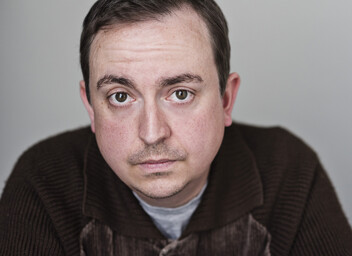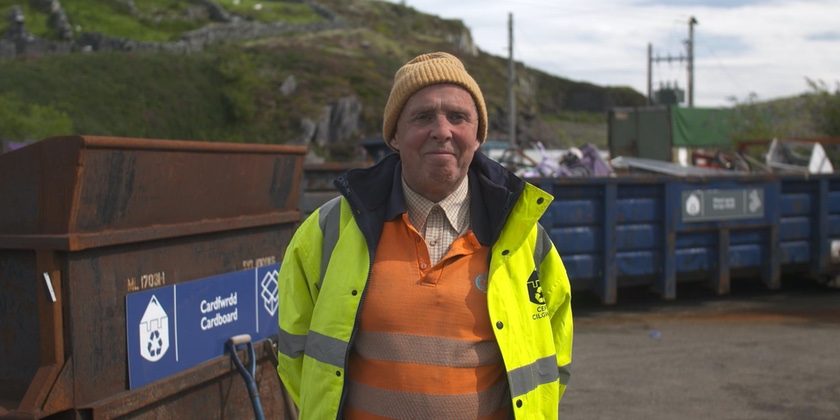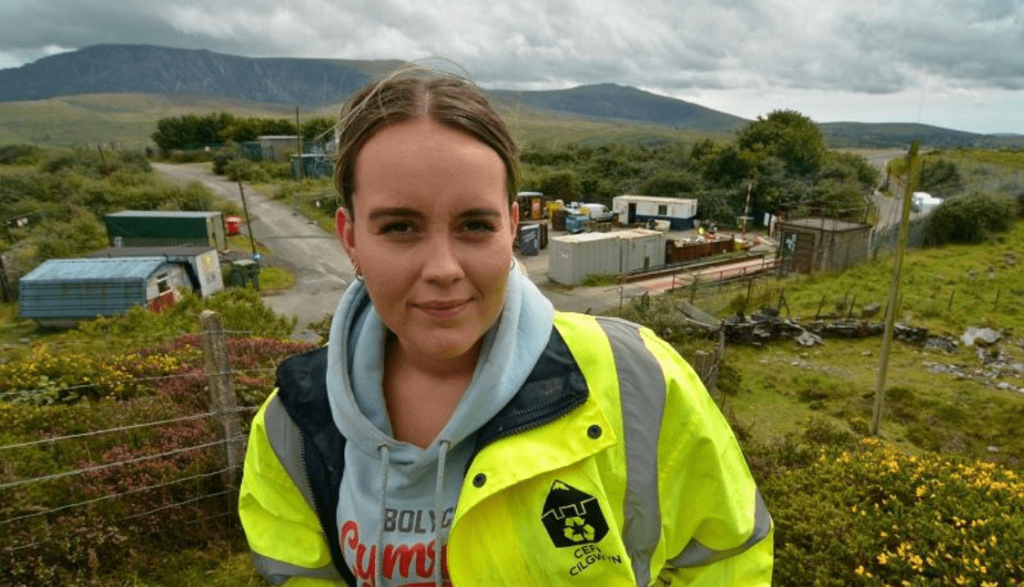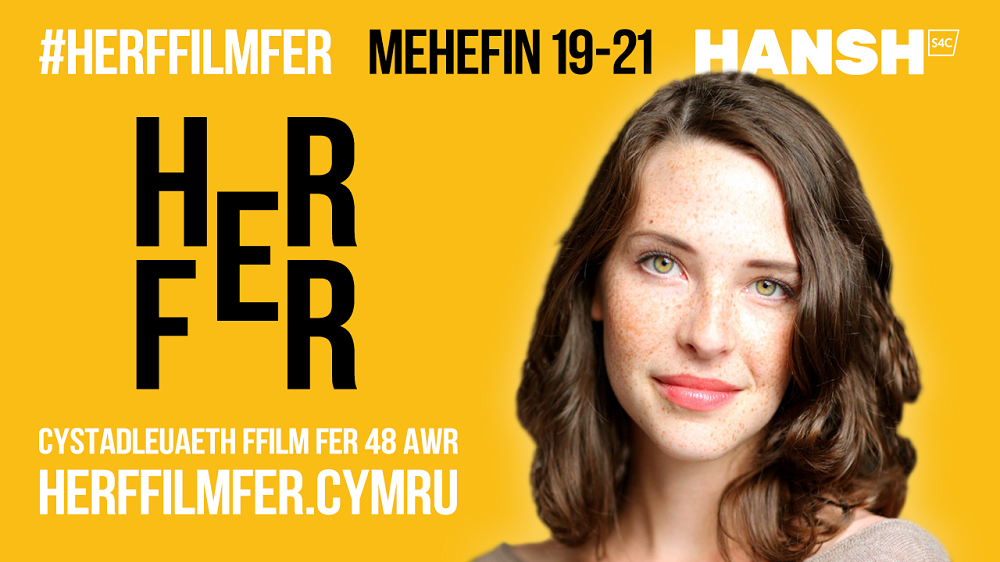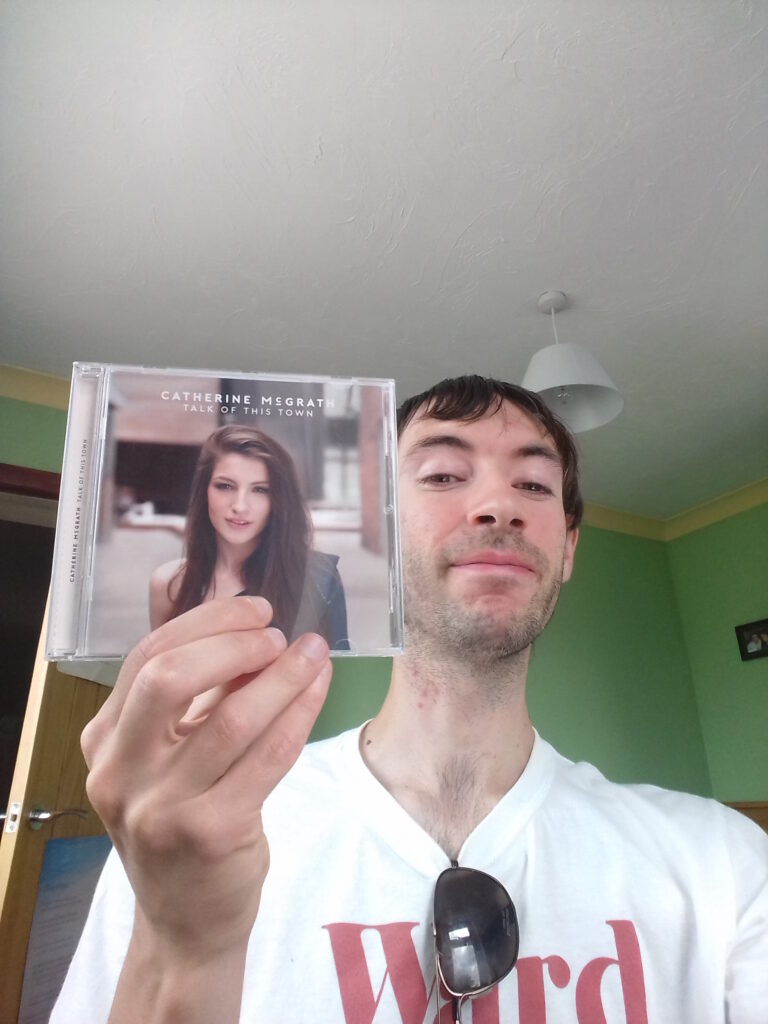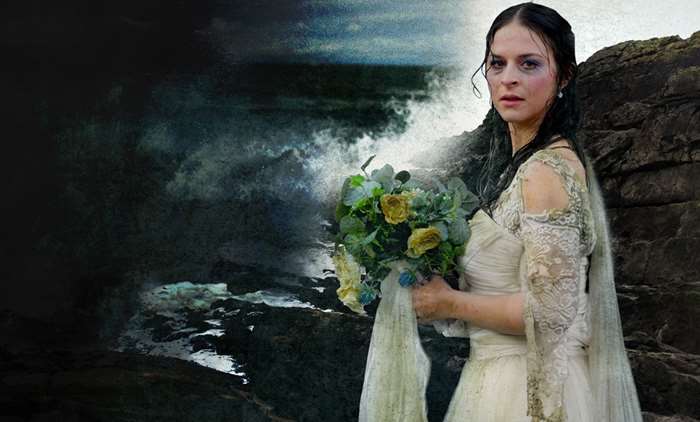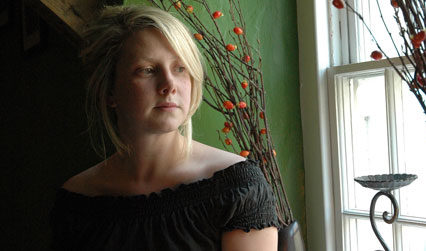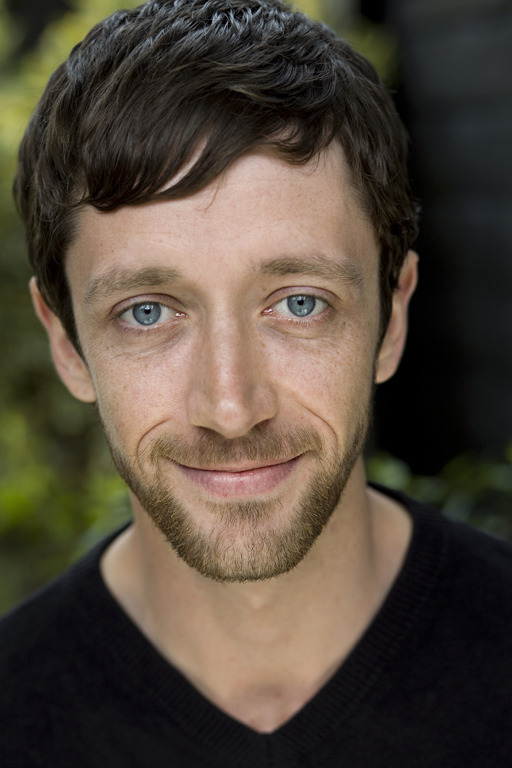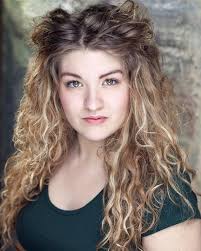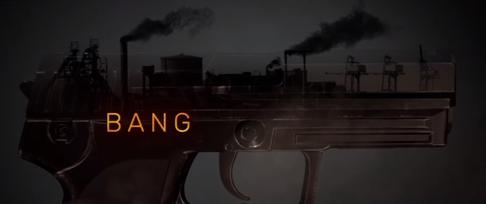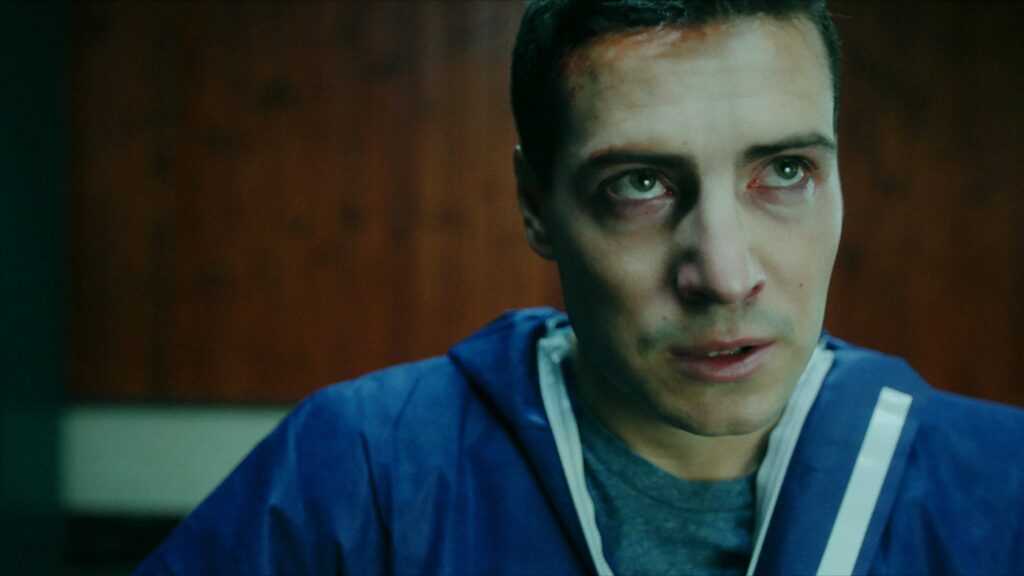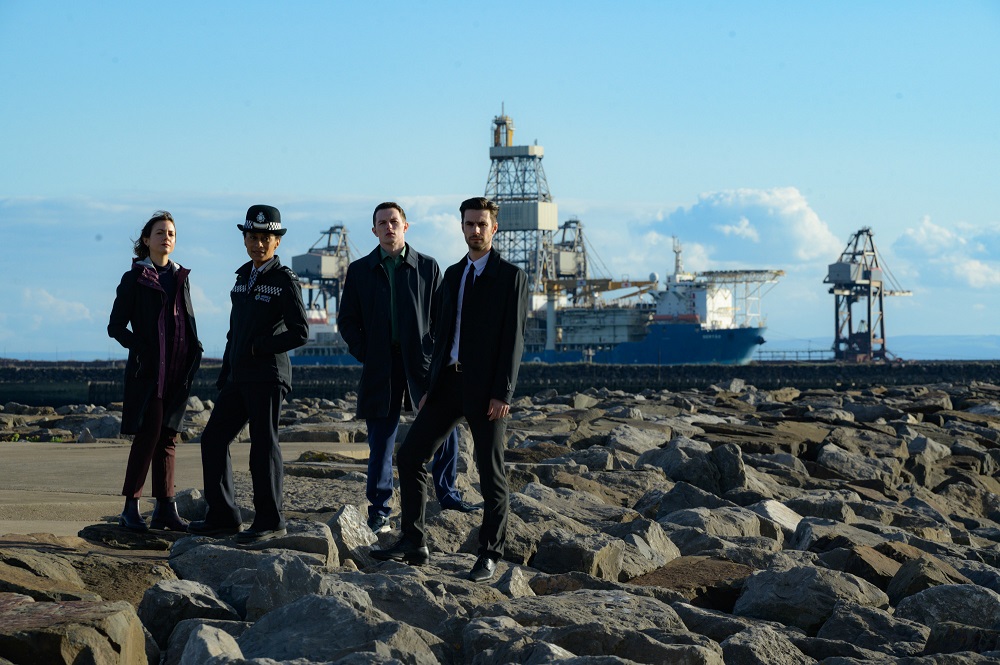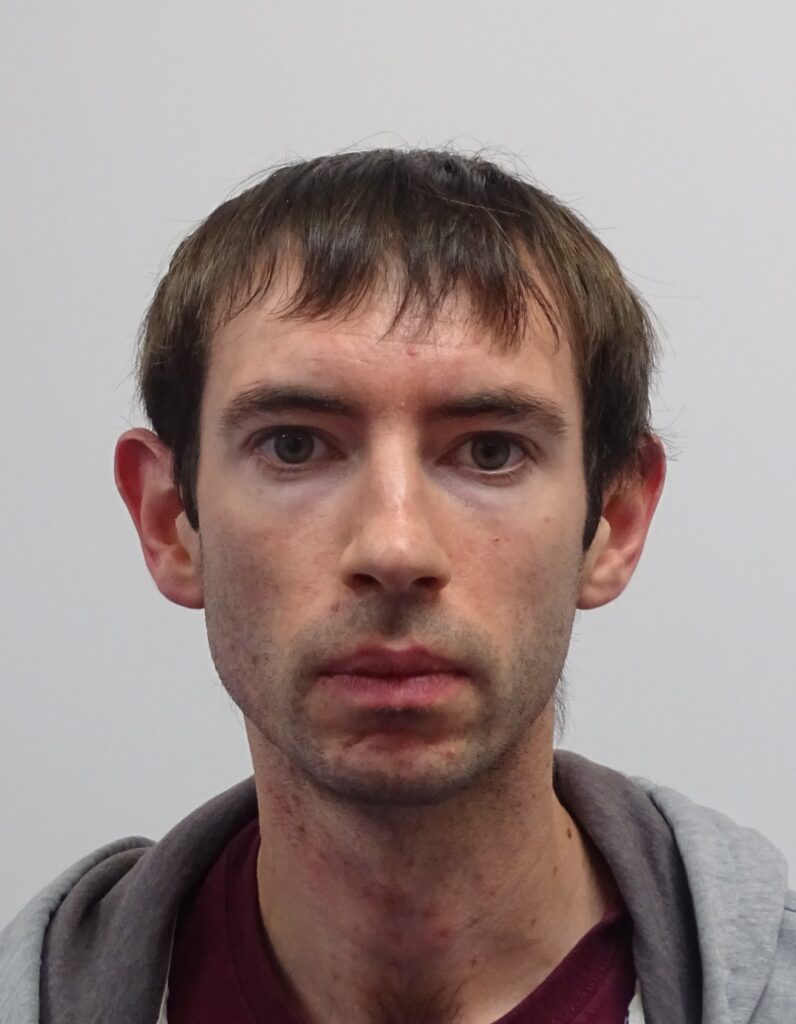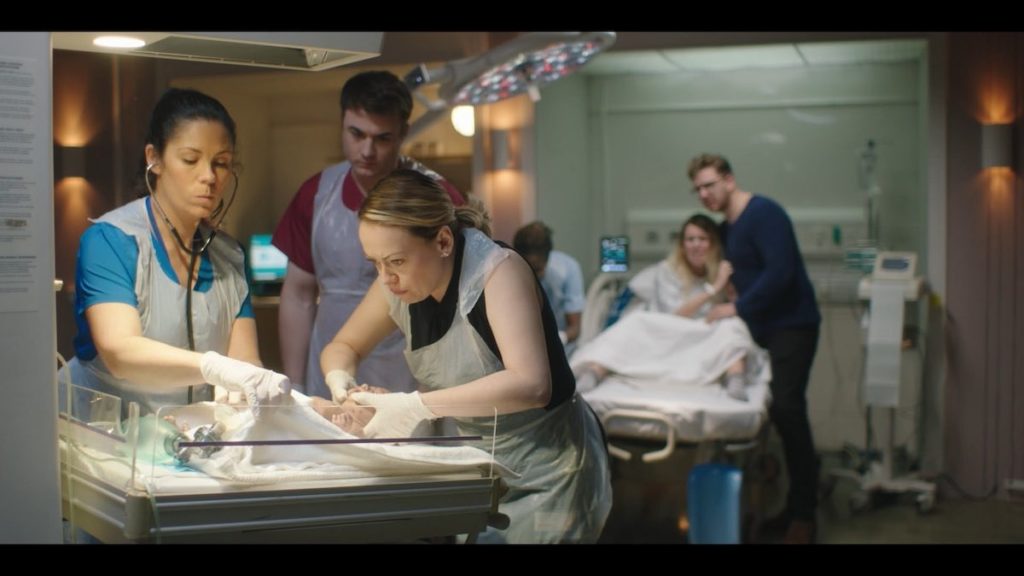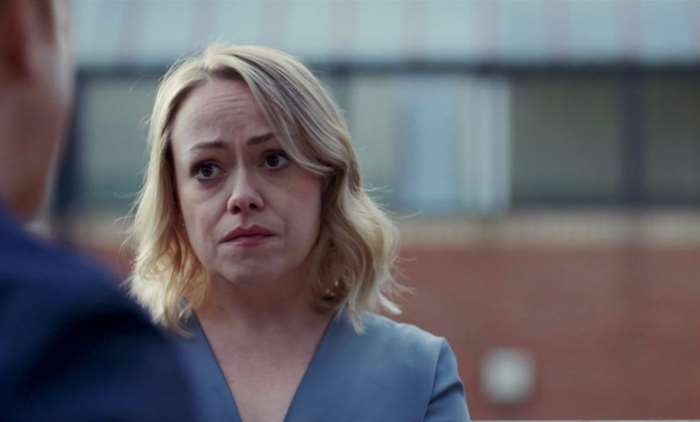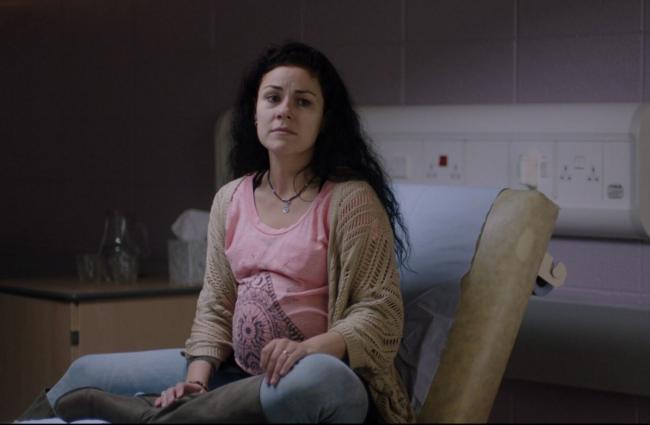
Ysgrifennwyd gan Barry ‘Archie’ Jones (Dimbyd, Run Sbit), mae Rybish ydy cyfres comedi s4c/Cwmni Da sy’n dilyn criw Cefn Cilgwyn, canolfan ailgylchu yn y Gogledd. Mae’r canolfan yn brin o staff ac yn cael ei hanwybyddu, ond er gwaetha nifer o ddadleuon, mae’r criw yn araf yn dod yn deulu. Darlledwch y cyfres cyntaf mewn y pandemig, a Rybish ydy’r un o’r cyfres Brydeinig sy wedi ffilmio yn ystod y clo mawr. Mae’n gynnil, yn garedig, yn ddireidus, yn felangol – ac yn ddoniol iawn.

Ei gymeriadau, ac yr actorion sy’n chwarae nhw, ydy’r gemau yn y goron. Mae Sion Pritchard yn chwarae Clive, rheolwr safle ac arwr y wastraff. Clive ydy arweinydd dan warchae ond dewr, ac allai golli amynedd gyda’i dîm, fyddai’n eu hamddiffyn â’i anadl olaf.
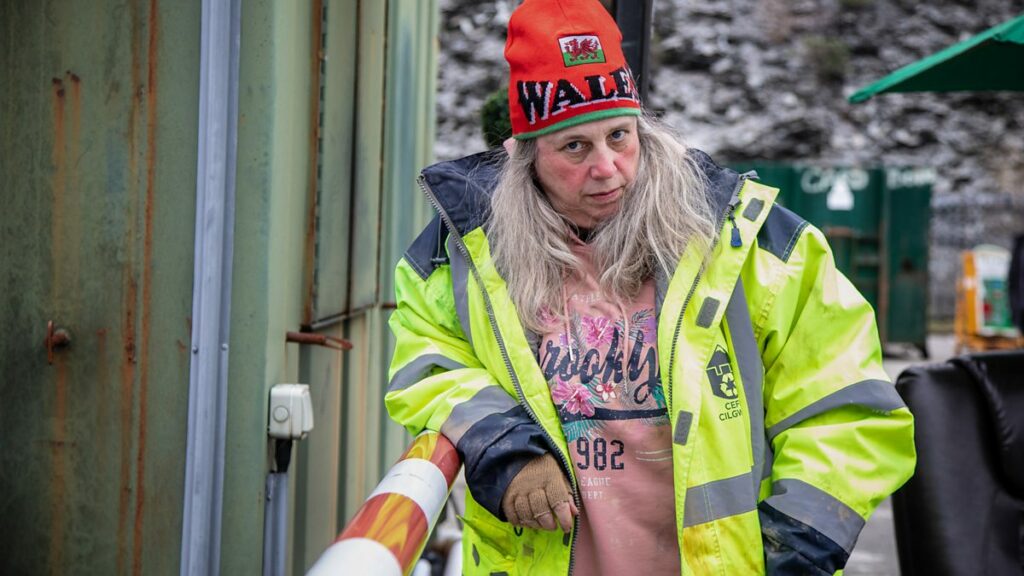
Mae Mair Tomos yn chwarae Val, warden y wastraff. Wastad mewn siaced melyn a het Cymru, dim lot yn gallu argraffi Val, ac rwy’n edmygu hynny. Dyfed Thomas yn chwarae Eurwyn, y boi melysaf yn y byd, diniwed ond doeth; enaid tyner ac iachawr o bethau toredig. Efallai eich bod yn cofio Dyfed o’i rôl eiconig yn y cyfres Siop Siafins, fel y gymeriad Brian Lloyd Jones.
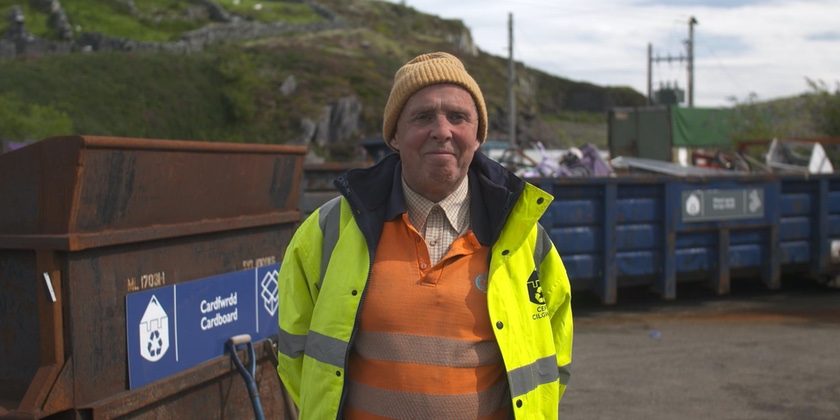
Rhodri Trefor yn chwarae Nigel, milwr yn ei freuddwydion, lleyg yn ei realiti – er y daw yn fuan y math o berson y byddech chi ei eisiau wrth eich ochr chi mewn brwydr. Ac yn olaf ond nid yn lleiaf, Betsan Ceiriog yn chwarae Bobbi, myfyrwraig coleg sy’n chwilio am cyfeiriad mewn hi fywyd. Ceiriog, mewn rôl teledu gyntaf, yn gryf ac yn dibetrus – a ddwi’n siwr mae hyn yn dechrau gyrfa hir a lwyddianus.

Mae Clive, Eurwyn a Nigel sy fel cymeriadau hynafol Cymraeg, sy ar goll mewn oes modern: tywysog heb deyrnas, bardd heb cynulleidfa, rhyfelwr heb brwydr. Bobbi yw’r awen sy’n eu hysbrydoli i fod ar eu gorau eu hunain. A mae Val yn gwyliwr sy’n gwarchod y gât – neu derwydd, y mae ei ffyrdd yn ddirgelwch i bawb ond iddi. Gyda Bobbi yn eu bywydau, gallant gael rhywbeth newydd i ymladd drosto: hi ydy’r gobaith o genedlaethau’r dyfodol.
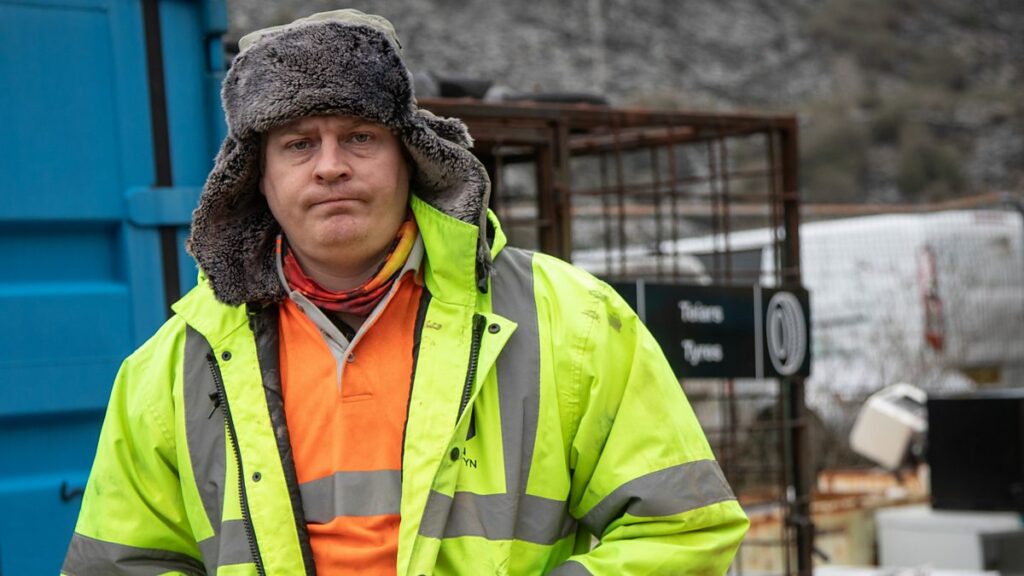
Mae’r awdur ‘Archie’ Jones yn ddeall bod llawenydd comedi yn gorwedd mewn y penodol a’r cyffredinol. Mae Rybish yn archwilio traddodiad ac arloesi, yr hen ac y newydd; mae’r sioe yn ffeindio cyffro yn y cyffredin, hardd yn y di-gariad. Yn eironig, neu ‘fallai’n addas, nid yw Rybish byth yn taflu unrhywbeth (neu unrhywun) i ffwrdd.
Gwyliwch Cyfres 1 a chyfres 2 am Clic nawr.
Darllenwch adolygiad gwych Gareth Williams o’r cyfres gyntaf yma


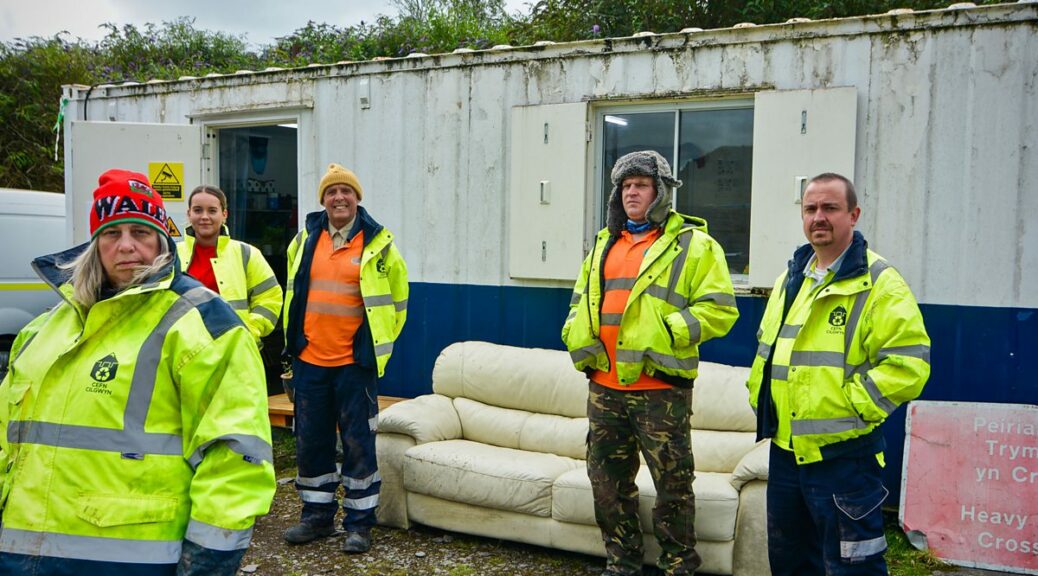
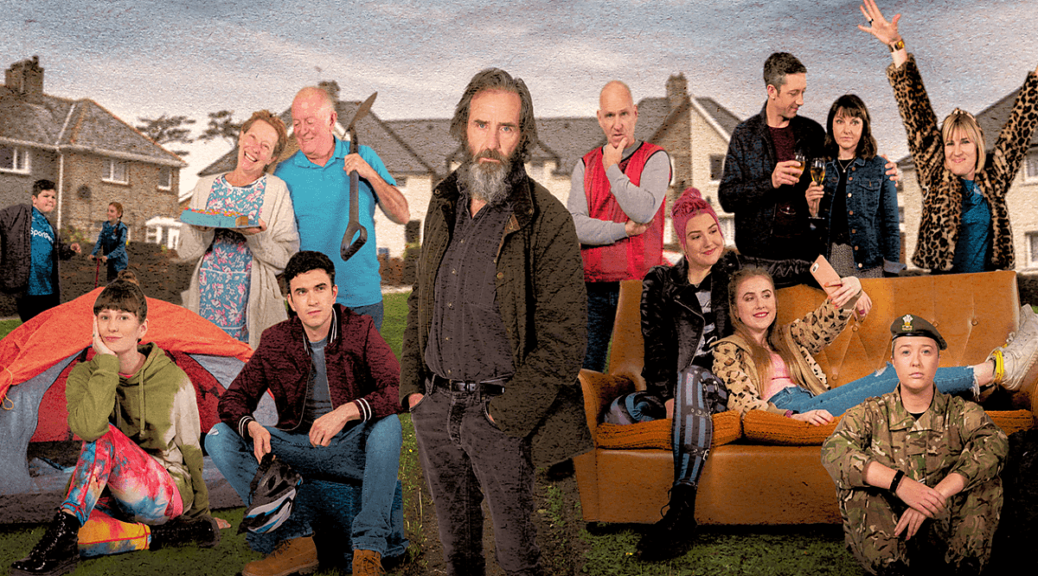
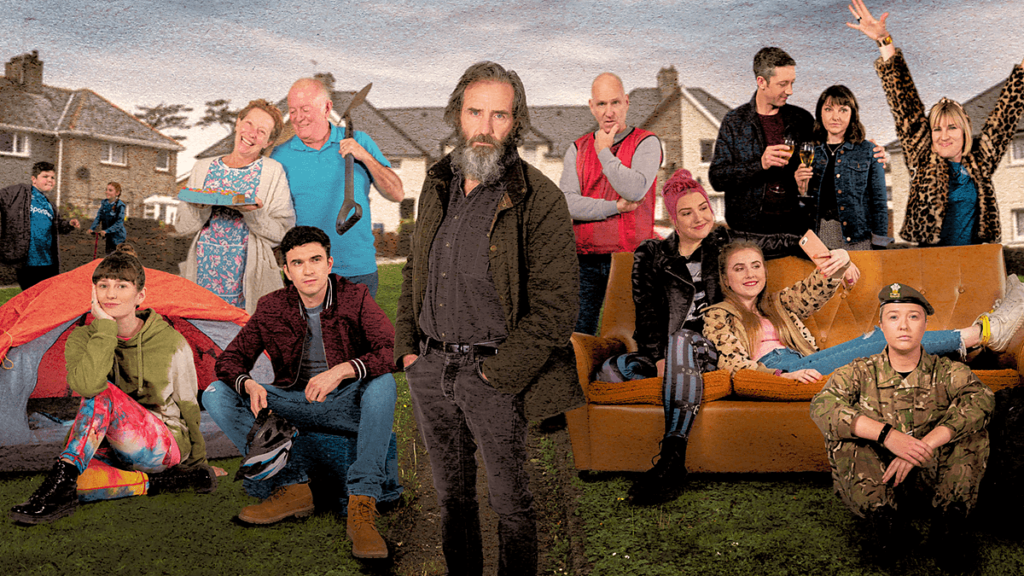
 (4 / 5)
(4 / 5)
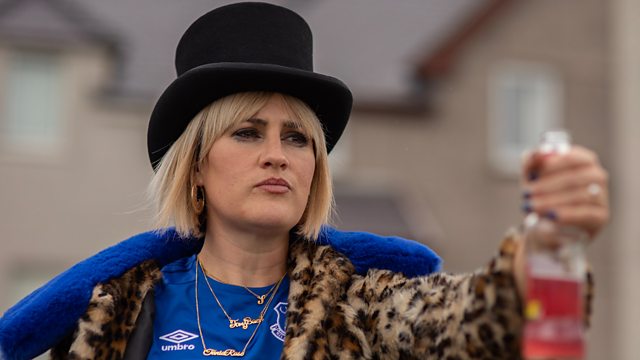
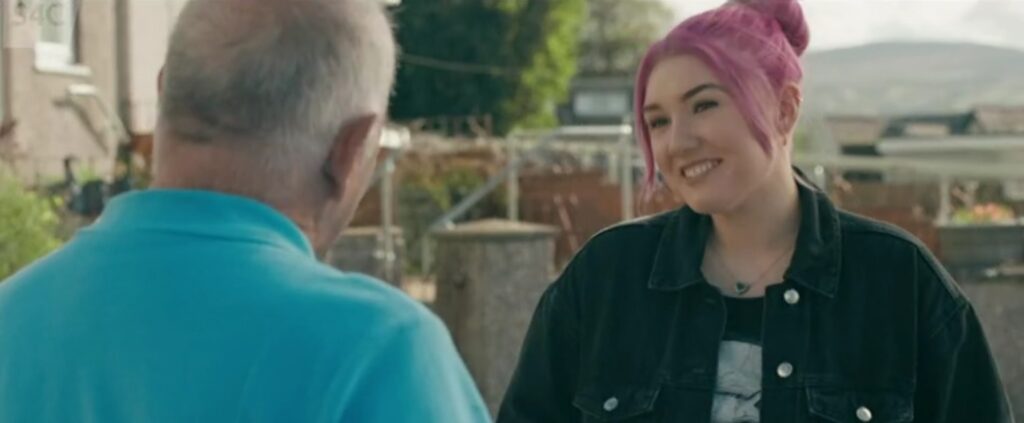

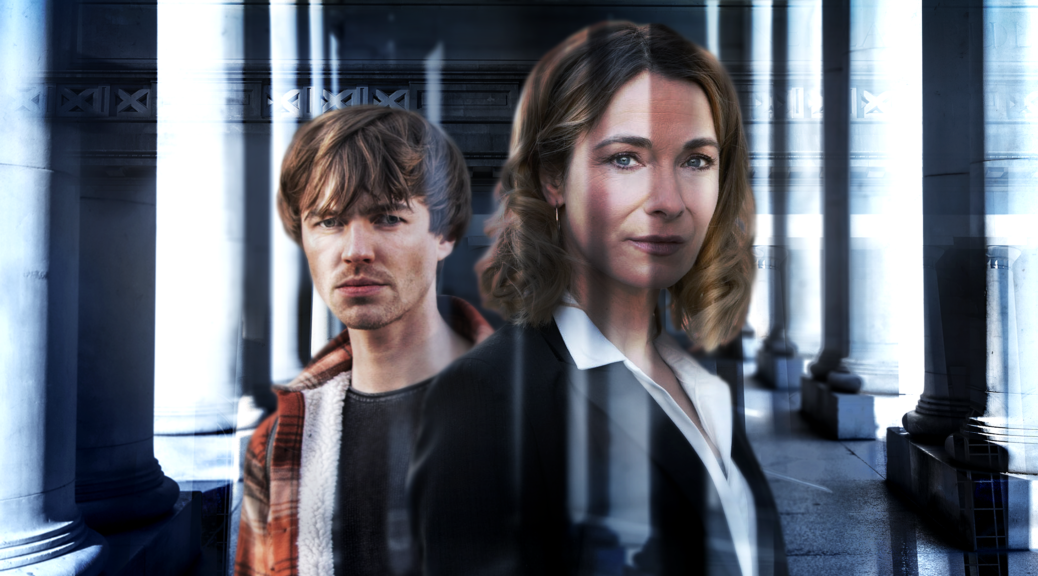
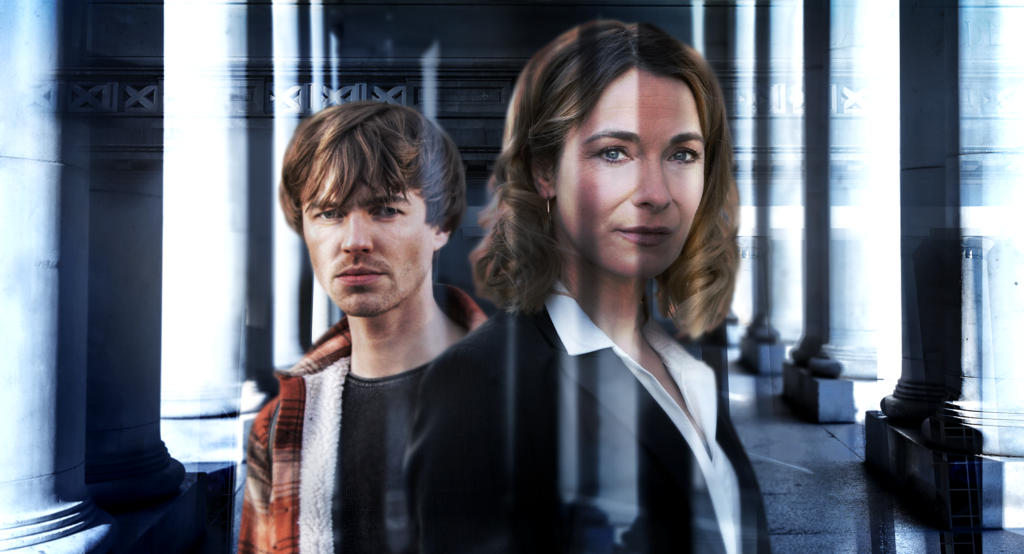
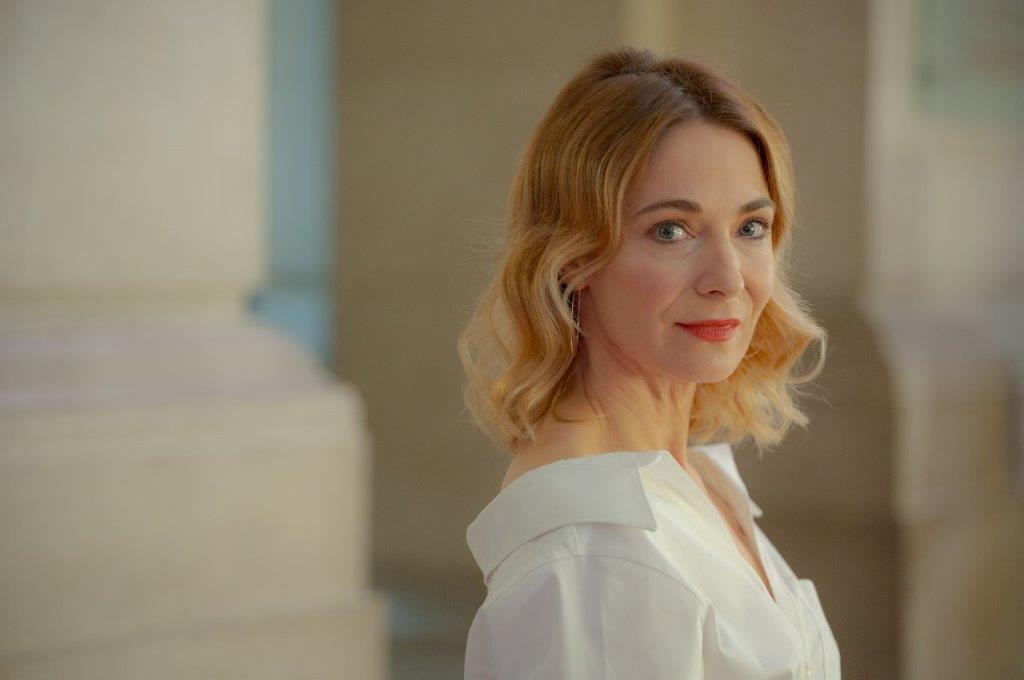
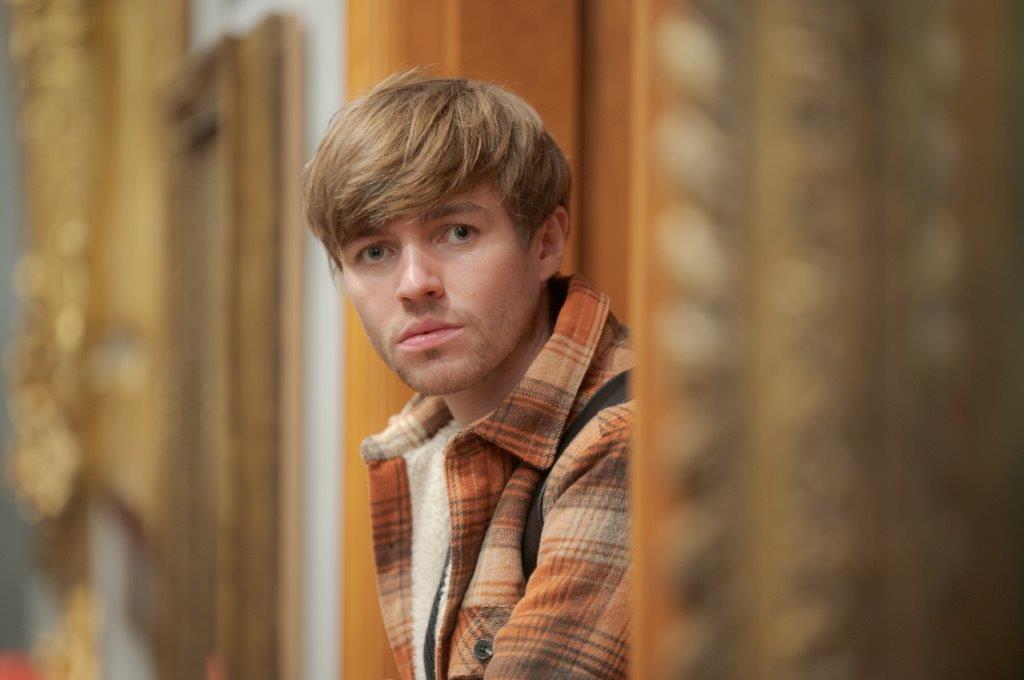
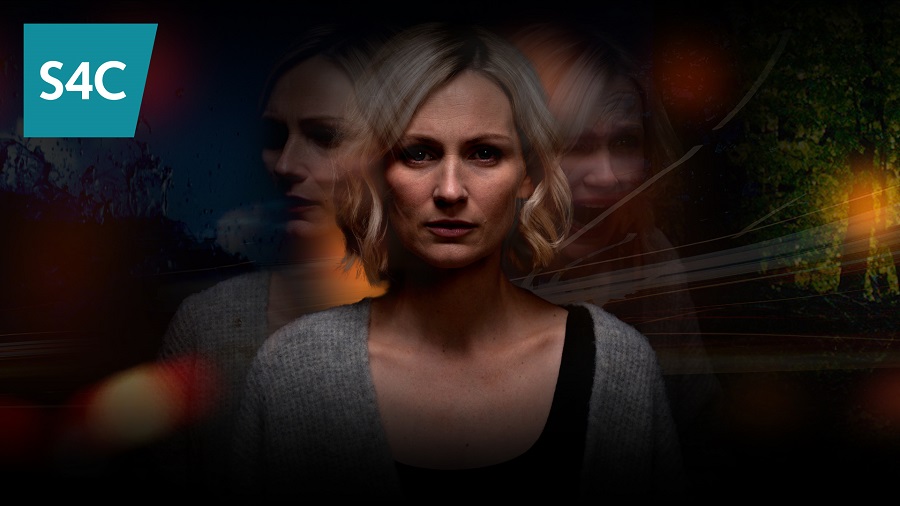
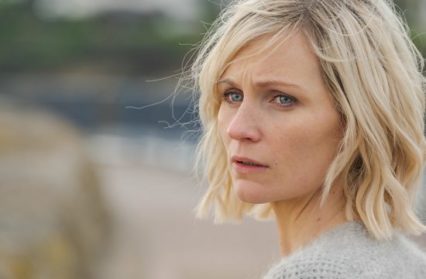
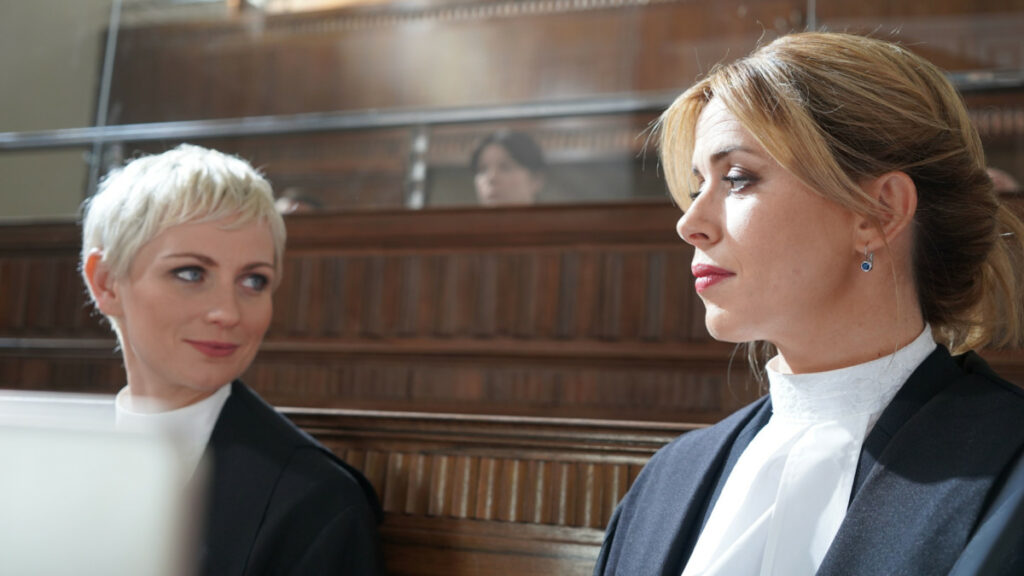
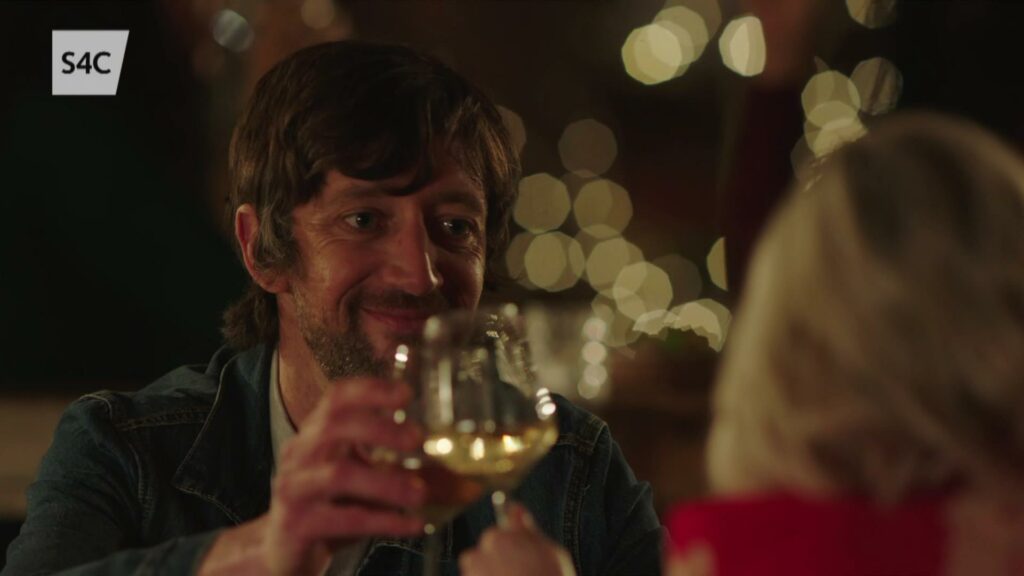
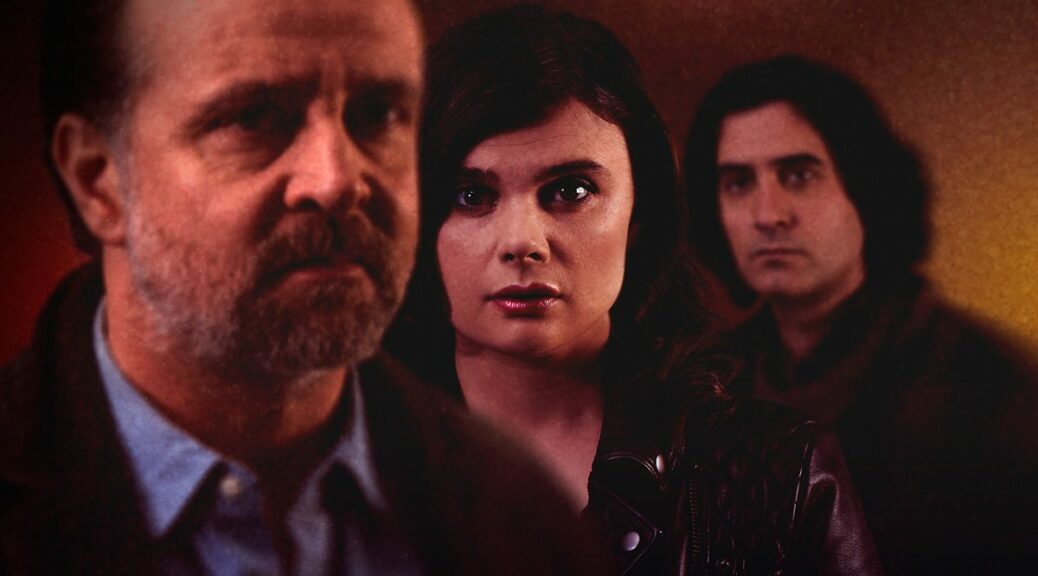
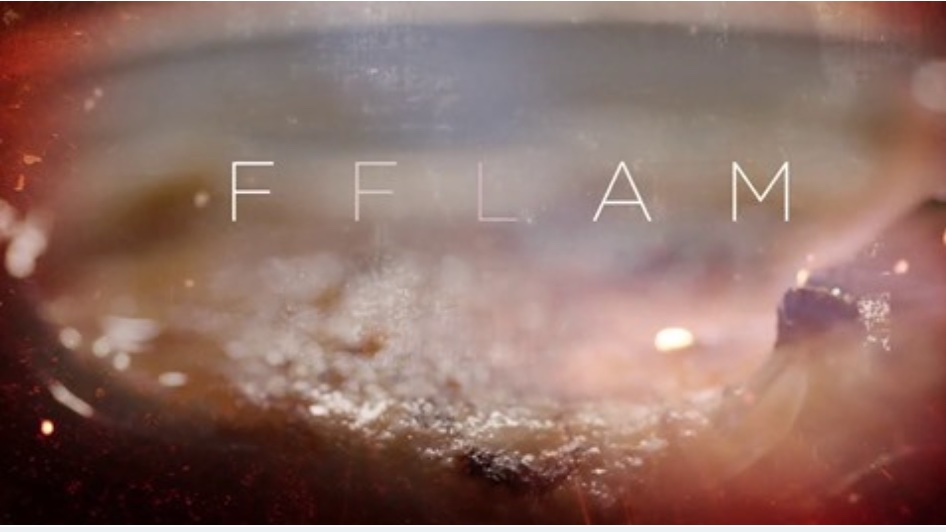
 (3 / 5)
(3 / 5)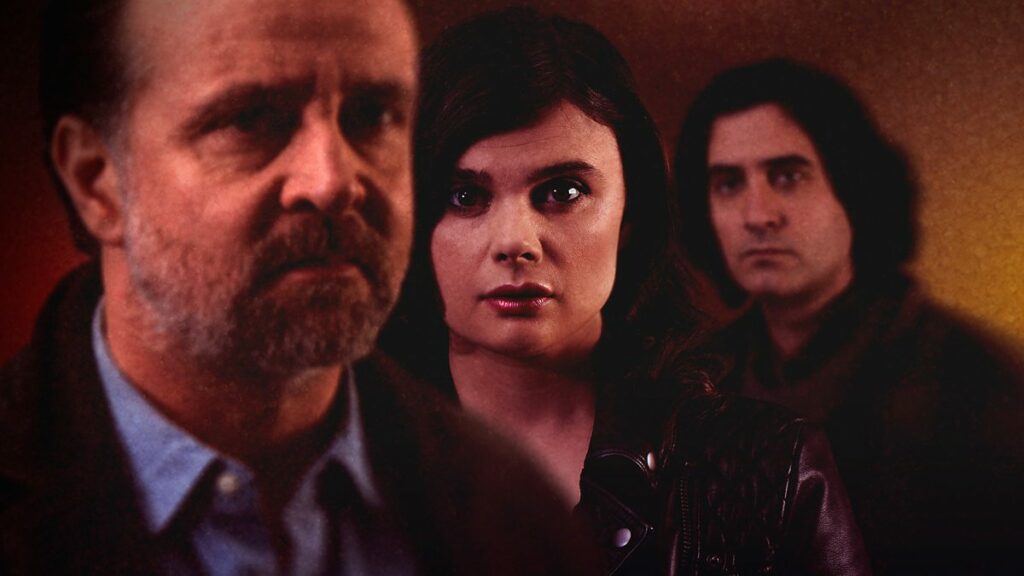

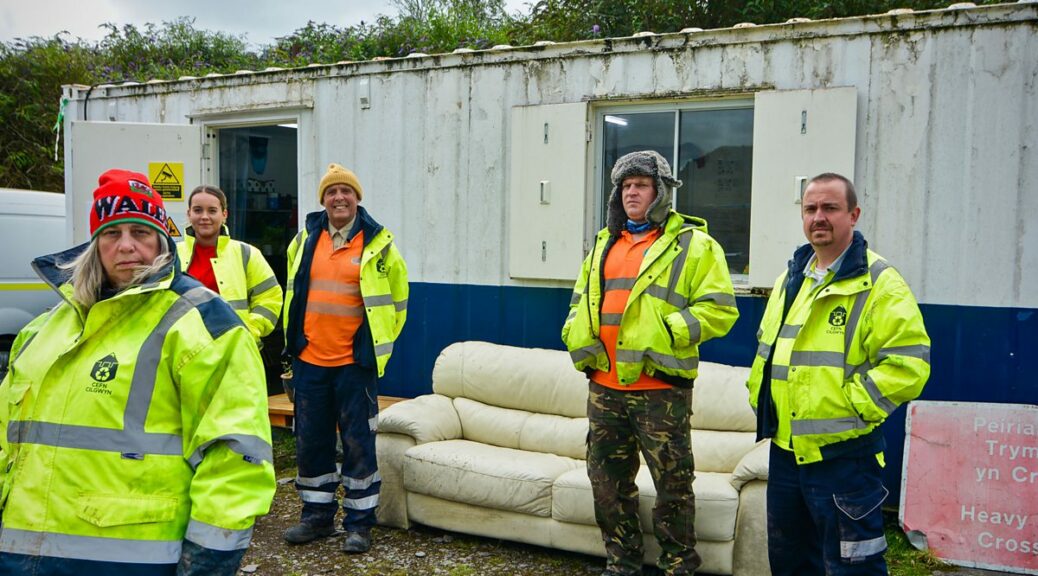

 (5 / 5)
(5 / 5)